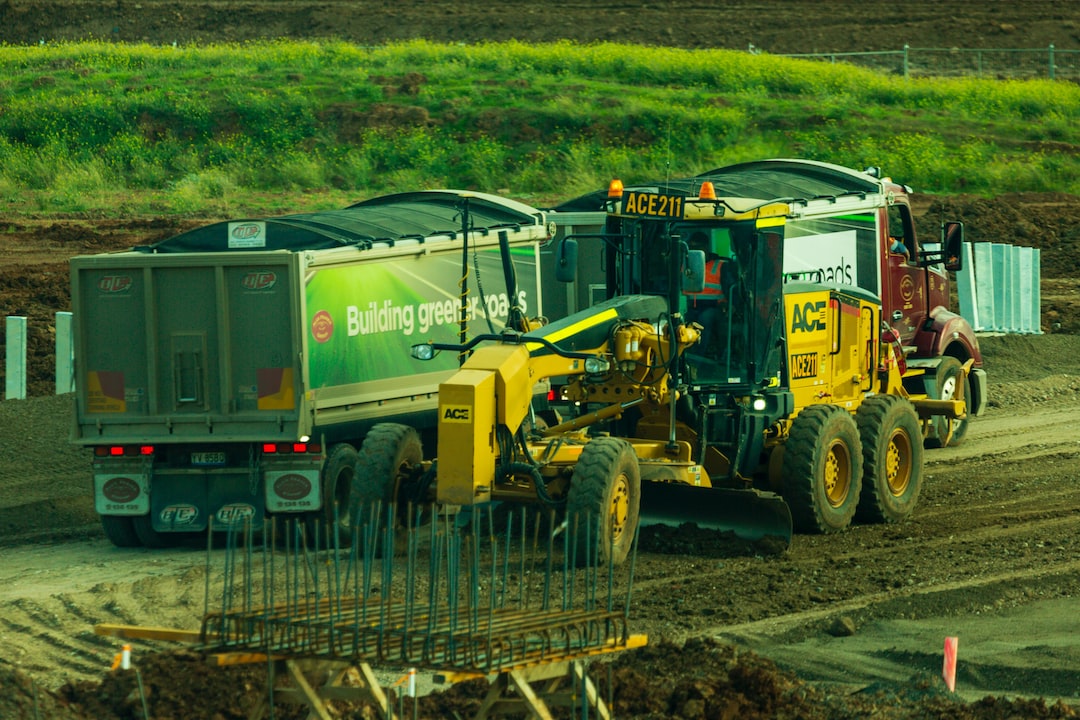The Benefits of Carpooling for Commuters
Commuting can be a stressful and time-consuming part of our daily routine. The endless traffic jams, rising fuel costs, and environmental impact of each additional car on the road have made finding alternative methods of transportation a necessity. One such solution that has gained popularity in recent years is carpooling. Carpooling, often referred to as ridesharing, involves sharing a vehicle with one or more people traveling in the same direction as you. In this blog post, we will explore the numerous benefits of carpooling for commuters.
1. Cost savings: One of the primary reasons people choose to carpool is the potential for significant cost savings. Sharing the expenses of fuel, tolls, and parking fees can substantially reduce the financial burden of commuting. Additionally, carpoolers can take turns driving, allowing each participant to save on maintenance and wear and tear costs associated with their vehicle.
2. Reduced traffic congestion: By carpooling, commuters can contribute to reducing the number of cars on the road. With fewer vehicles, traffic congestion is reduced, resulting in smoother and faster journeys. This benefit not only saves time for the carpoolers themselves but also for other drivers on the road.
3. Environmental benefits: The environmental impact of commuting by car is well-documented. Cars emit harmful greenhouse gases that contribute to climate change and air pollution. By carpooling, multiple individuals can share a single vehicle, thereby reducing the overall carbon footprint from transportation. Carpooling can be a simple and effective way to contribute to a cleaner and healthier environment.
4. Social interaction: Commuting alone can often be dull and isolating. Carpooling, on the other hand, provides an opportunity for companionship and social interaction. Sharing a ride with others allows for conversations, connections, and the potential for carpoolers to form friendships. This social aspect of carpooling can make the daily commute more enjoyable and less lonely.
5. Reduced stress: Dealing with rush hour traffic, finding parking spots, and the financial burden of commuting can all contribute to increased stress levels. Carpooling can alleviate some of these stressors by allowing the carpoolers to share driving responsibilities and costs. Additionally, having someone to navigate the road or engage in conversation with can help reduce the frustration associated with commuting.
6. Access to carpool lanes: Many cities and highways have designated carpool lanes, also known as high occupancy vehicle (HOV) lanes. These lanes are typically less congested, allowing carpooling commuters to bypass the traffic on regular lanes. Carpool lanes can significantly reduce commute times, making carpooling an attractive option for those seeking a faster and more efficient journey.
7. Increased productivity: With carpooling, drivers no longer have to solely focus on the road. This presents an opportunity to utilize their time more efficiently. Carpoolers can catch up on work, read, listen to audiobooks, or simply relax during their commute. The ability to engage in these activities can increase productivity and make the journey feel more productive and less wasteful.
In conclusion, carpooling offers a multitude of benefits for commuters. From cost savings and reduced traffic congestion to environmental sustainability and increased social interaction, carpooling presents a viable solution to many of the challenges associated with daily commuting. By adopting this eco-friendly and cost-effective transportation method, commuters can make their journeys more enjoyable, efficient, and contribute positively to their communities and the planet.

